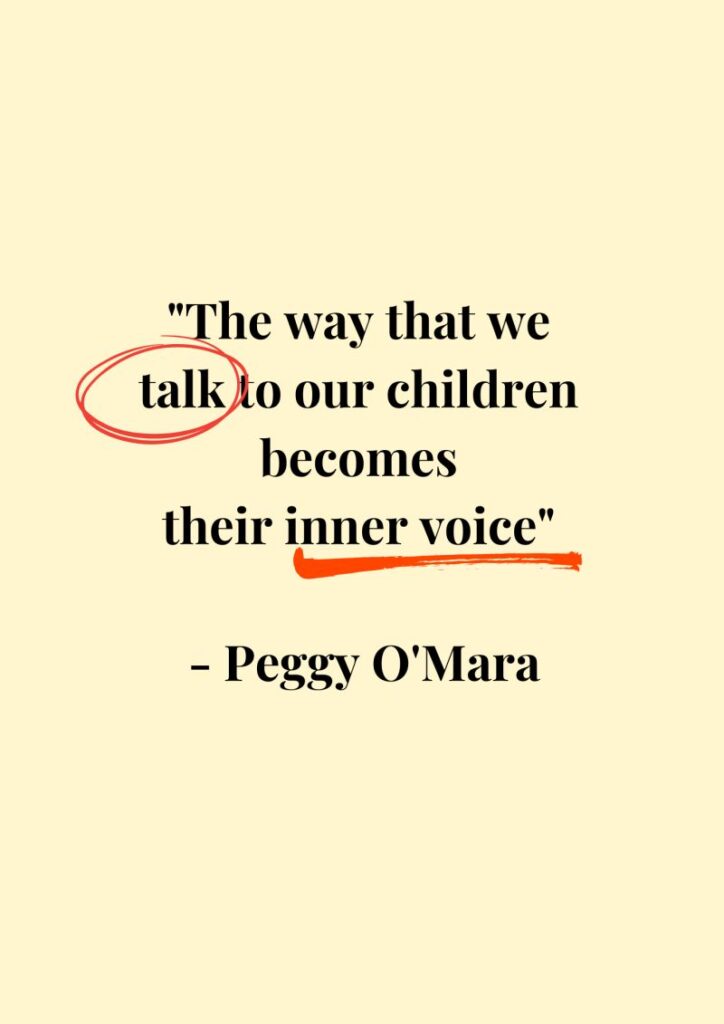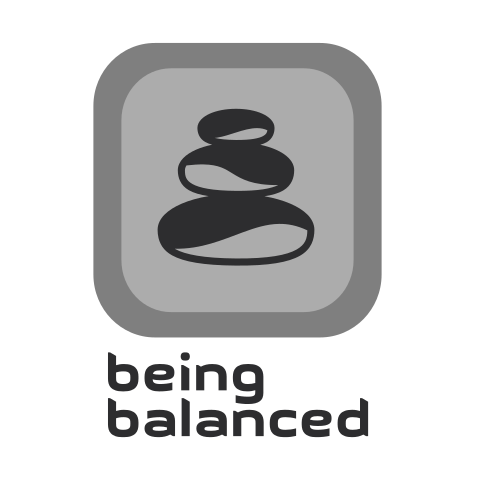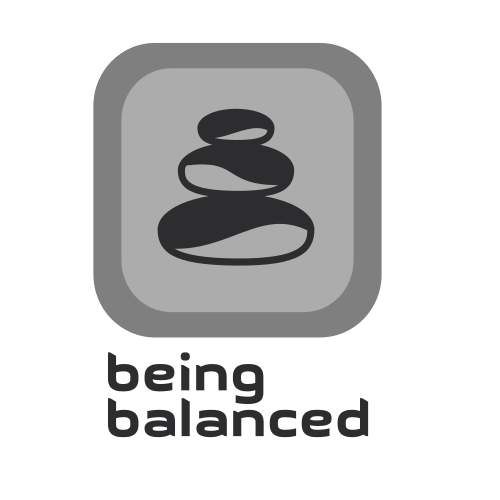When Our Kids Carry the Weight of the World

My daughter recently shared something that worried me. She told me that some of her friends say things like “I would rather die” or “I just want to end it all” “suicide is the only way out”. When I asked my daughter the reasons for these statements from her friends she shared, they feel betrayed in friendships, lonely and abandoned, or afraid of failure (scored B2, parents were disappointed).
As a parent, hearing this was heartbreaking. It is easy to assume kids are just being dramatic, but these words aren’t just expressions of frustration—they are cries for help, signs of emotional pain that cannot be ignored. I have attempted to start conversations about stress, the prevalence of cussing, and how children talk about anxiety and depressive thoughts—only to be met with silence from the parent community. It is common for us to assume that our children are safe and that these issues are beyond their understanding. But are they really?
I sat with my daughter, listening carefully, resisting the urge to dismiss or immediately “fix” things, she did not ask me for help, she just wanted me to hear her out. We talked about how overwhelming emotions can feel, but they don’t have to be permanent. We spoke about how sometimes, just feeling heard can be a lifeline. My daughter wanted to shout and shake her friends out of these thoughts she confessed, we discussed what that could lead to, we reached a point where we explored validation and support. I was touched to see, she understood validation, she practiced what she would say to them the next time.
“Did your friends talk like this in grade 5, she was curious?” “Not that I recall any, I replied”. “Why do my friends feel this then?”
Questions, we all ask, answers all of us know, though we wish to stay in denial, I told myself.
I reminded her that she did not have to carry their pain alone, that reaching out to a trusted adult, a counselor, or a support system can make all the difference. And most importantly, that no one should suffer in silence.
She admitted that she hesitated to share it with the school counselor, fearing it might break confidentiality. In that moment, I couldn’t help but admire her strong sense of ethics—something no report card can measure, but as a mother, I couldn’t be prouder.
Our kids need us to create spaces where they feel safe to share, to not fear judgment, and to know that they are not alone.
If your child ever starts a conversation like this, take a moment to pause and truly listen. Let them know their feelings are valid and that they are not alone. It is natural to feel scared, threatened, anxious and want to shout but this is an important conversation, hear them out. Most importantly, remind them that help is always available. While the internet and social media may fill in the gaps, we can’t freeze or slow down their childhood but we can be present, honest, and supportive every step of the way.
Feel free to share if you had similar experience: Safe Spaces

